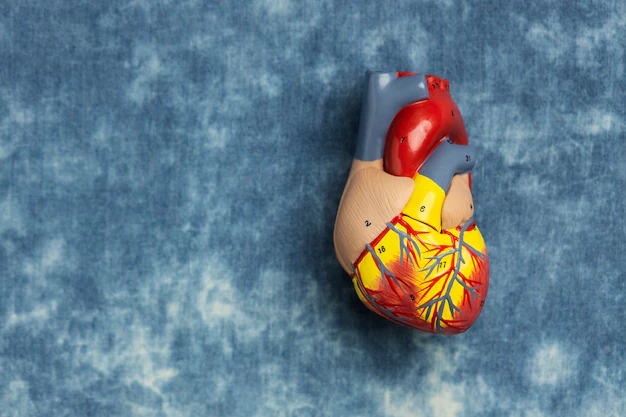Diabetes Complications: Coronary Heart Disease, Stroke, and Peripheral Arterial Disease

Diabetes is a chronic condition in which the body has difficulty regulating blood sugar levels. Over time, high blood sugar levels can cause damage to various organs and tissues in the body, leading to a range of complications, including heart disease.
Coronary heart disease (CHD) is a condition in which the arteries that supply blood to the heart become narrowed or blocked by a buildup of plaque. People with diabetes are at increased risk of developing CHD, and the risk is even higher if they also have other risk factors such as high blood pressure, high cholesterol, and smoking.
Stroke is another complication of diabetes. It occurs when blood flow to the brain is disrupted, either due to a blockage in the arteries or a bleed in the brain. People with diabetes are at increased risk of stroke, and the risk is even higher if they also have high blood pressure, high cholesterol, or smoke.
Peripheral arterial disease (PAD) is a condition in which the arteries that supply blood to the legs and feet become narrowed or blocked by a buildup of plaque. People with diabetes are at increased risk of developing PAD, and the risk is even higher if they also have other risk factors such as smoking.
The best way to prevent these complications is to keep blood sugar levels under control through a combination of diet, exercise, and medication. It is also important to manage other risk factors such as high blood pressure, high cholesterol, and smoking. Regular check-ups with a healthcare provider are important to monitor blood sugar levels and detect any complications early.
